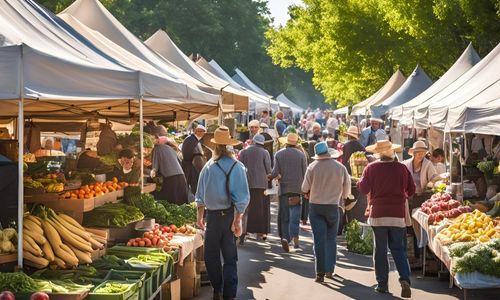Newswire Flip the Script
️ Flip the Food Script: From Extraction to Regeneration
The big picture:
Our global food system—spanning industrial farms, shipping routes, and megacorporations—feeds billions, but at a steep cost: it’s a leading driver of deforestation, emissions, and geopolitical conflict.
Why it matters:
Food is no longer just about nourishment. It’s about power, climate, and sovereignty. Whoever controls food controls the future.
The Problem: Industrial Food = Global Instability
- Carbon cost: Agriculture accounts for roughly one-third of global greenhouse gases—from methane-belching cattle to fertilizer-heavy monocultures.
- Deforestation & drought: Vast tracts of rainforest are razed for soy and palm oil, fueling biodiversity collapse and water stress.
- Food as a weapon: From grain blockades in the Black Sea to export bans in Asia, food has become a geopolitical pawn.
- Fragile supply chains: A few chokepoints—shipping lanes, energy prices, corporate oligopolies—control what billions eat.
The result: A brittle, extractive system that harms both people and planet.
The Shift: Building a Regenerative Food Web
What’s new:
A wave of innovation is breaking the industrial mold—decentralized, data-driven, and nature-aligned.
- Cellular agriculture: Cultivated meat and seafood—grown from animal cells, not slaughter—promise to cut emissions by up to 90% and free up land for rewilding.
- Precision fermentation: Using microbes to brew proteins, fats, and dairy components—cheaper, cleaner, and more resilient than factory farming.
- Plant-based evolution: From lab-grown heme to AI-designed textures, next-gen plant proteins are reaching parity with meat and dairy.
The kicker: These technologies decouple food from land, geopolitics, and animal suffering—ushering in a new age of abundance without extraction.
The Opportunity: Local Food, Global Commons
Imagine this:
Regional hubs powered by renewables and bioreactors. Communities sharing open-source recipes for food design. Farmers rewilding soil while biotech labs brew protein down the road.
The payoff:
- Healthier diets
- Energy-efficient food production
- Local resilience in a volatile world
- An economy that feeds ecosystems, not exploits them
⚡ The Bottom Line
We can feed 10 billion people without burning the planet. The future of food isn’t a factory—it’s a regenerative network.
